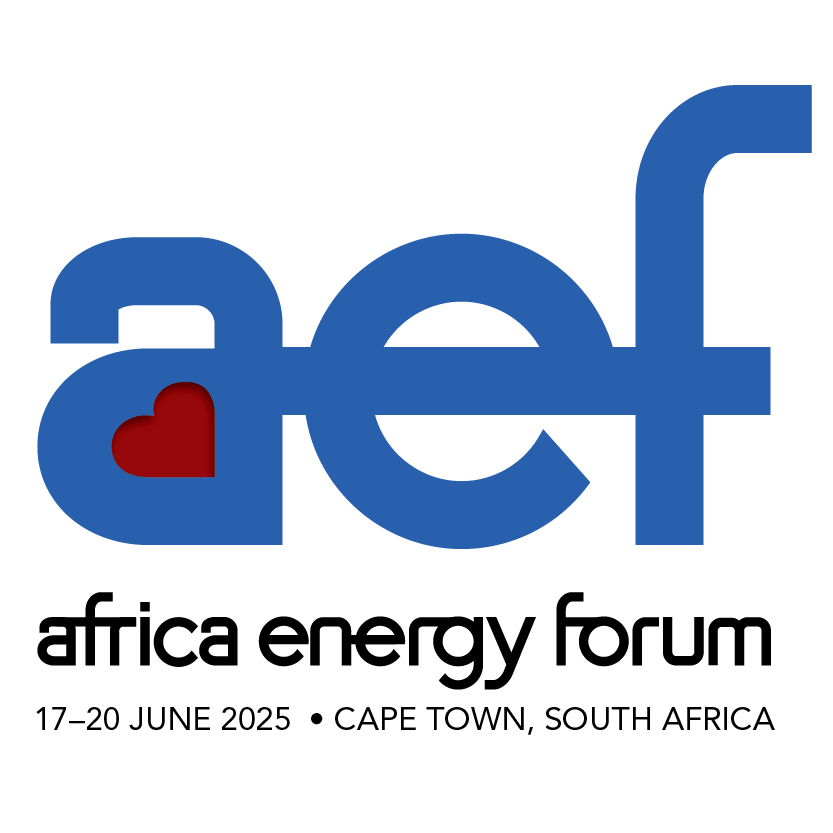Day 2 - 13.30 - Stream 5 - Hosted by: African Trade & Investment Development Insurance (ATIDI) | Off-Taker Credit Enhancement: How Political Risk Insurance and Liquidity Instruments are Enabling the Financing of Power Projects in Africa
Chairperson: Obbie Banda, Underwriter, Acting RLSF Coordinator, ATIDI
Key Participants:
- Ama Thompson, Underwriter, ATIDI
- William Limb, Political Risk Practice Leader, Financial Risk Solutions, Liberty
- Naomi Wagura, Director, Country Programs, Global Energy Alliance for People and Planet (GEAPP)
- Nkemjika Onwuamaegbu, Regional Head of Africa, MIGA, The World Bank Group
- Kaushik Ray, Partner, Trinity International
An intimate, packed-out Boardroom 4 laid host to the African Trade Insurance Agency’s (ATI’s) Wednesday afternoon discussion during aef 2023, with the panel of participants diving into the subject of political risk insurance and liquidity instruments in enabling the financing of power projects on the African continent.
Here, Chairperson Obbie Banda, Underwriter and Acting RLSF Coordinator of ATI, opened discussions with some context setting, offering brief definitions and explanations of the two key instruments available.
“Liquidity instruments provide cover against the risk of payment delays by power utilities, with existing products including The World Band and AfDB’s Partial Risk Guarantees, and ATI’s Regional Liquidity Support Facility (RLSF),” he stated.
“Political risk insurance, meanwhile, provides protection against losses that result from incidents such as acts of confiscation and expropriation, transfer restriction and currency inconvertibility, war and civil disturbance, and arbitral award default/breach of contract.”
Nkemjika Onwuamaegbu, Regional Head of Africa for MIGA at the World Bank Group, quickly chimed in to outline the unique ability of such instruments to support projects in the riskiest contexts.
“The role of political risk providers is to really go to those countries, areas, jurisdictions and fragile economies where it would otherwise be difficult to get investments in,” she explained. “We’re proud to have recently crossed the 1,000-project threshold, and one of the projects that we have recently just gone into is in Somalia, for example.
“Around 60-70% of our exposure on the African continent is in the energy and extractions space. So, it’s a very important market for us.”
Beyond MIGA’s involvement in Somalia, several other successful projects benefitting from such instruments in Africa were pinpointed, these including aef host country Kenya’s Lake Turkana Wind Power project, as well as hydro projects in Uganda, solar projects in Malawi, and solar projects in Burkina Faso.
Banda also outlined the key role of multilaterals and private market insurers in this space, highlighting their ability to step in as secondary instruments to backstop government obligations, provide comfort to international investors, and improve the risk rating of projects.
“If you aggregate the capacity for political risk in our market, it’s about $3 billion,” explained William Limb, Political Risk Practice Leader of Financial Risk Solutions at private insurance firm Liberty, backing up Banda’s argument.
Attentions then turned to the role of another key stakeholder in the form of not-for-profits – these organisations were also highlighted as playing a key role in helping to test emerging, high-risk models and solutions to prove viability to the private market.
“One of the roles of philanthropy in the insurance space is to enable existing institutions to provide solutions where there is greater risk,” affirmed Naomi Wagura, Director, Country Programs, Global Energy Alliance for People and Planet (GEAPP) – an organisation championing change in this arena. “Our goal is to help others taker bigger risks, rather than always competing in the same markets.”
Where the need to accelerate investments in energy projects in many markets is vital, solutions capable of improving investor confidence such as liquidity instruments and political risk insurance show great application potential. Indeed, this is an example of where governments, non-profits and financiers are coming together to deliver win-win-win outcomes in developing markets.
Kaushik Ray, Partner at Trinity International, summarised: “Several projects on the African continent are gold standard on a global stage in terms of the protections that are put in place. They do work, they have been tested, and that provides investors with the confidence they need to invest.”

.jpg)